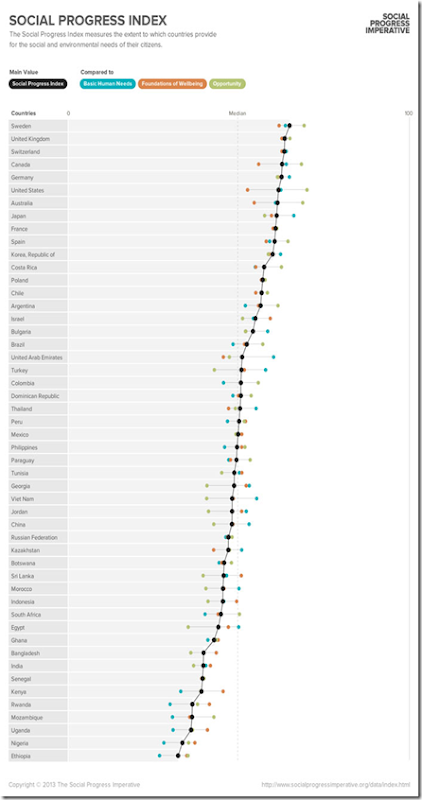Cosmology has been unable to advance any further understanding of the universe for nearly a century. However, aided by fancy mathematics and fancier machines, physicists have been successful in creating a false perception of knowledge progression during this time as they danced their way to Nobel prizes and professorships. Some have even been successful in making the field “approachable” for the common woman through lecture circuits, books, blogs, podcasts and countless TV appearances. Even sitcoms have become “socially responsible,” teaching the couch potatoes about black holes and time travel through the comedy of idiots representing wise men. The general and continuous lowering of standards, aiding entry based on popularity and not competence, has resulted in a crop of physicists who are good story tellers but not much else.
The collective groan heard across the physics departments in major universities when the LHC failed to detect exotic partners to the much anticipated Higgs Boson or the conspicuous absence of her bridesmaids, the SUSY particles, could only be attributed to broken strings on their mathematical violins and the possibility of curtailed funding to mend them. It is ironic that the “theory of everything,” was done in by the potent concoction of the particle soup – something that the man who made the last meaningful contribution to physics, warned against. The dangerous combination of declining imagination and accelerating technology to make finer and finer measurements of noise has resulted in the field coming to a grinding halt. To top it all off, mathematics, a tool that helped humanity build civilizations in the past has now turned into a trick to prove anything or to create theories that do not need to be proven.
Experimentalists have been “defending” the field against occasional excursions into imagination – such as the multiverse - on the premise that a theory, if not proposed along with predictions that can be experimentally tested, is not worthwhile. They steadfastly cling to such a practical notion that most are willing to accept any level of complexity in existing alternatives as long as something could be tested. This is indeed noble. However, judging from their contributions for the past hundred years, it is unclear if such a posture is valuable for humanity.
Simplicity, even at the cost of untestability, should dominate the discourse in physics.

